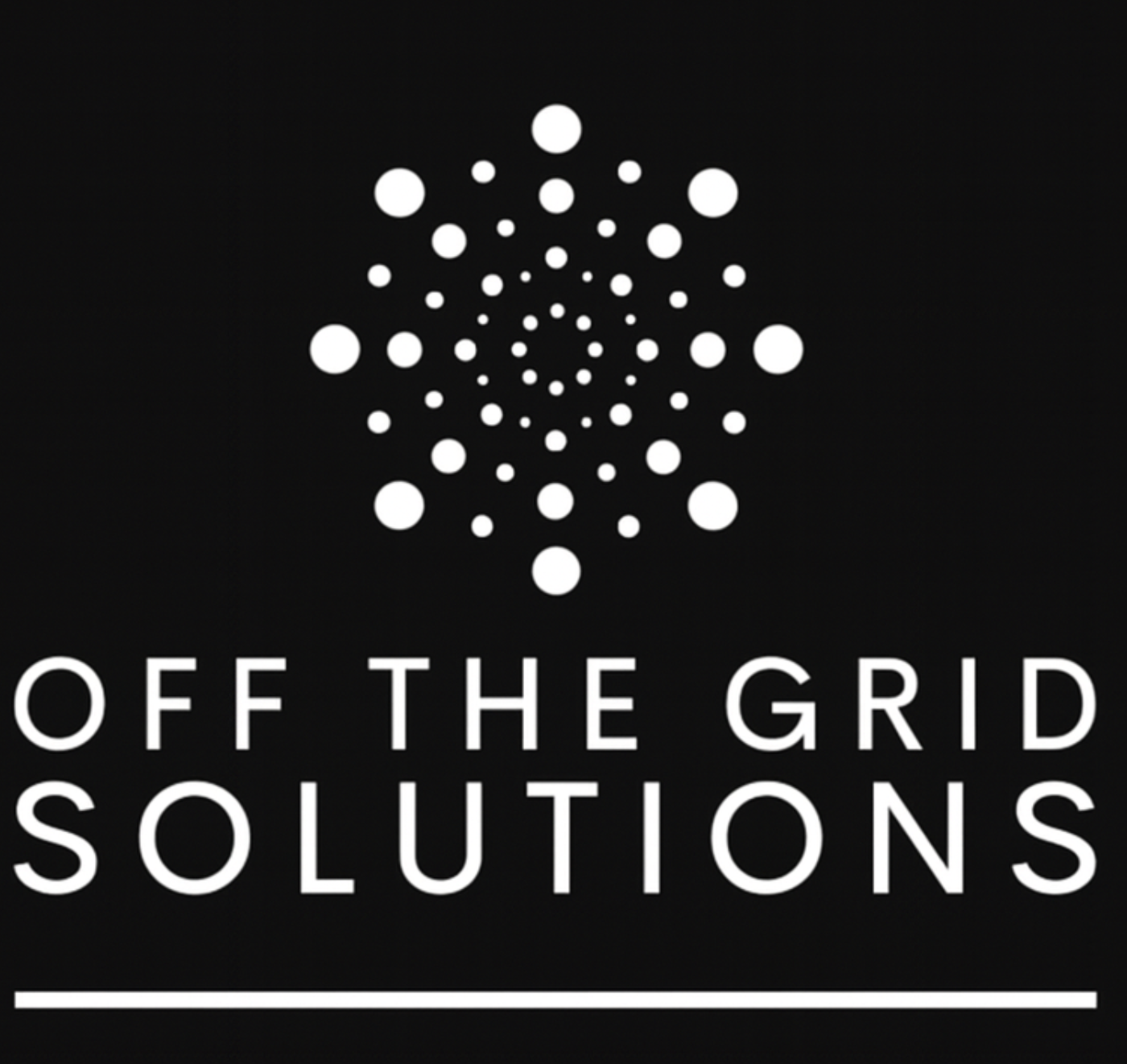4 Local Solar Incentives MA and NH Homeowners Can Still Claim in 2025
A Complete Guide to Saving Big on Solar This Year
Thinking about going solar in Massachusetts or New Hampshire?
In 2025, there are still thousands of dollars in incentives available—but many homeowners don’t realize what they qualify for.
I’m Corey Cogan, a solar consultant serving MA and NH. I help people make smart solar decisions every day, and this guide covers the four most impactful solar incentives still active in 2025—so you can save more, go solar faster, and get the most out of your system.
Let’s break it down.
✅ 1. Federal Solar Investment Tax Credit (ITC) – 30%
Available in MA, NH, and all 50 states
The Federal Investment Tax Credit (ITC) is the single biggest incentive available in 2025. Homeowners who install a qualifying solar energy system this year can deduct 30% of the total project cost from their federal income taxes.
That includes:
Equipment (solar panels, inverters, racking)
Labor and installation
Energy storage (if installed with solar)
Permitting and interconnection fees
📌 Example: If your solar system costs $25,000, you could receive a $7,500 tax credit.
Requirements:
You must own the system (cash or solar loan)
You must have tax liability (owe federal taxes to offset)
Installed by December 31, 2025
📚 Source: U.S. Department of Energy – Clean Energy Tax Credits
✅ 2. Massachusetts Residential Renewable Energy Income Tax Credit – 15%
Available to MA residents only
In addition to the federal ITC, Massachusetts offers a 15% state income tax credit for residential solar installations—up to $1,000.
You can claim this credit if:
You’re a full-time MA resident
The system is your primary residence
You own the system (not a lease or PPA)
This credit can be claimed on top of the federal 30% ITC.
📌 Quick Tip: If your system costs $20,000, you get $6,000 from the federal ITC and $1,000 from the state—a total of $7,000 in tax credits.
📚 Source: Massachusetts Department of Energy Resources
✅ 3. New Hampshire Renewable Energy Generation Incentive (NHREC Rebate)
Available to NH residents
New Hampshire offers a state-level rebate of $0.20 per watt, up to $1,000 or 30% of system cost (whichever is less), for homeowners who install small residential solar systems.
📌 For a 5 kW system, you’d receive a $1,000 rebate.
Requirements:
You must own the system
The system must be ≤ 10 kW
Application must be submitted within 90 days of final interconnection
This rebate is direct cash, not a tax credit—so it benefits more homeowners, including those with lower tax liability.
📚 Source: NH Department of Energy Renewable Energy Rebates
✅ 4. Mass Save® Heat Loan & Home Energy Assessment Benefits
Available to MA residents only
While not a direct solar rebate, Mass Save offers zero-interest financing and efficiency incentives that can be combined with solar installations. These programs are run by your local utility in coordination with the state.
🔹 Mass Save HEAT Loan:
Up to $50,000 in 0% financing for energy upgrades—including battery storage and HVAC improvements that pair well with solar.
🔹 Home Energy Assessment:
Many solar customers qualify for free insulation, air sealing, or discounted smart thermostats as part of the state-mandated assessment.
📌 Combine this with your solar install to lower your energy usage and qualify for more savings.
📚 Source: Mass Save® Residential Programs
🟨 Bonus: Net Metering in MA & NH
While not a direct cash incentive, both Massachusetts and New Hampshire offer net metering, one of the most impactful financial benefits of going solar in the Northeast.
Net metering allows you to send any unused electricity your solar panels generate—like during sunny afternoons when your energy use is low—back to the electric grid. In exchange, your utility company gives you credit on your electric bill, effectively banking that extra power for later.
In other words: when your system overproduces, your meter “spins backward.” Those credits offset the electricity you draw from the grid at night, on cloudy days, or during the winter when your panels generate less. It’s a way to make your solar power work 24/7, even when the sun isn’t shining.
Thanks to net metering, your utility bill reflects your net usage—total electricity consumed minus the electricity your system contributed to the grid. If you generate more than you use, those credits roll forward month to month, reducing or eliminating future bills.
This policy is one of the biggest reasons why solar works so well in places like MA and NH. It allows homeowners to benefit from solar year-round, even in cold, snowy climates, and adds long-term value to your investment.
📚 Sources:
💬 Final Thought
Solar incentives aren’t just for early adopters—they’re still very much alive and well in 2025, especially in Massachusetts and New Hampshire. But many of these programs are limited or subject to change, and I always recommend locking in your eligibility sooner rather than later.
If you’re not sure what you qualify for, let’s talk. I’ll review your home, walk you through all the numbers, and show you what’s possible.

